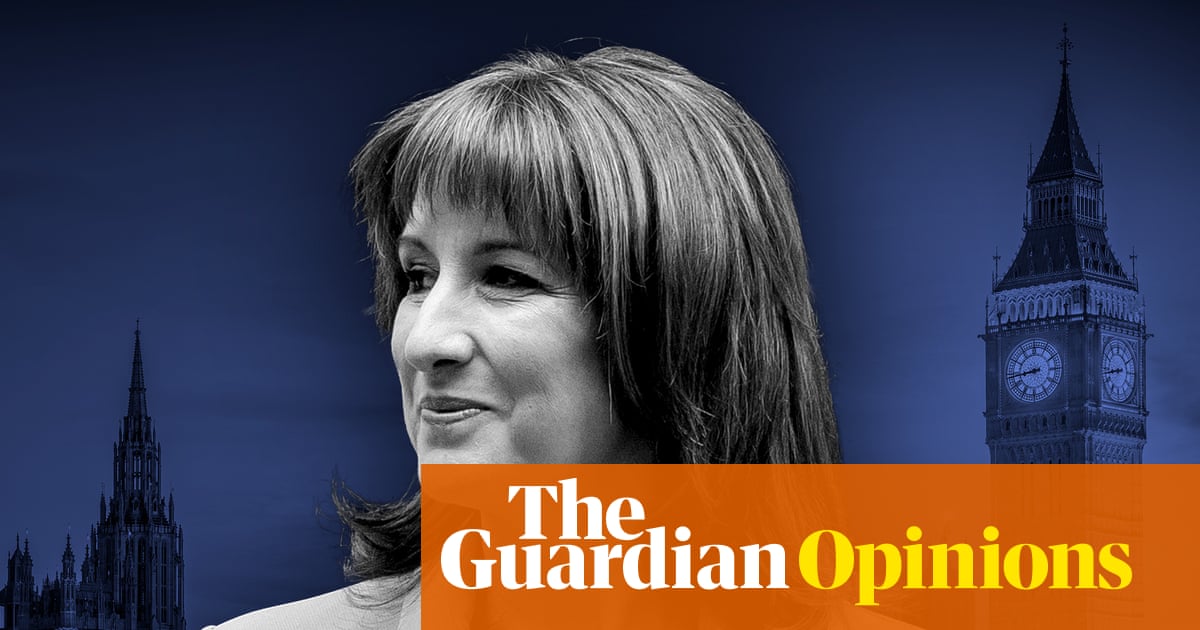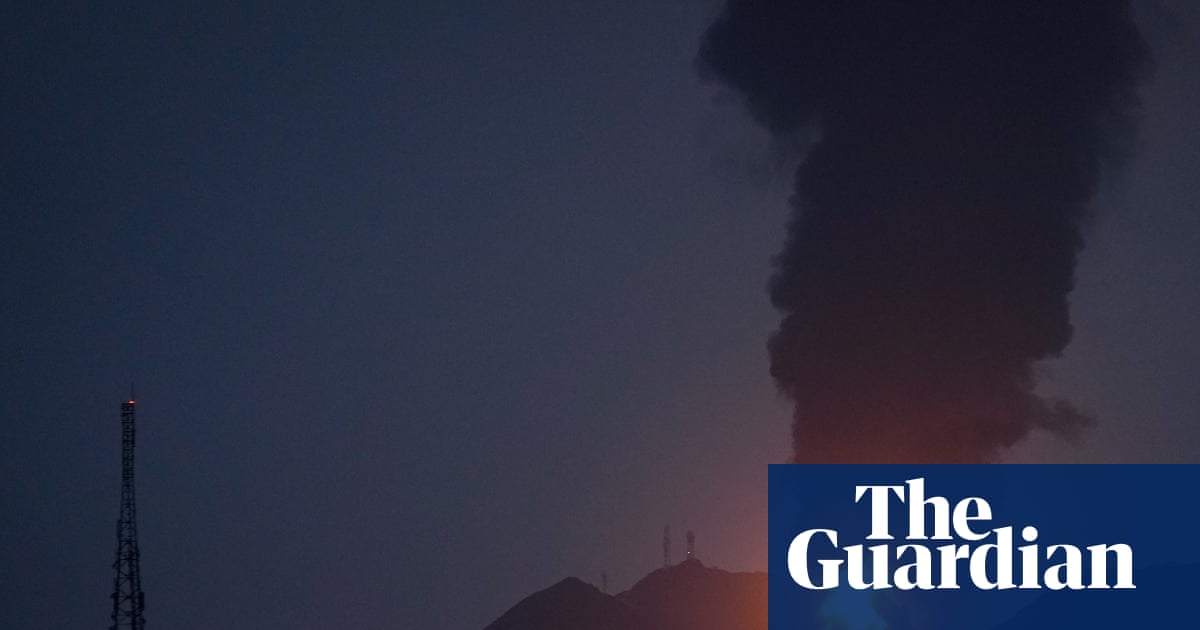Osita Nwanevu: ‘This is a historic victory of the left’
Set aside for a moment the interminable back and forth over whether Zohran Mamdani represents the future of the Democratic party. This much is beyond dispute: Zohran Mamdani represents the immediate future of New York City, America’s largest town and the financial capital of the world.
His win, just as indisputably, is a historic victory for the American left, which has been buoyed in spirit and resolve since Mamdani’s underdog victory in the mayoral primary. In New York, it will have a measure of the governing power its own pessimists and its dogged opponents within the Democratic party alike have doubted it was capable of winning.
And the country at large will be watching the city closely – less out of a belief in the coming apocalypse only Republicans are convinced the city is in for than out of curiosity as to whether Mamdani can actually deliver on the promise of his campaign and manage the city at least as well as an ordinary Democrat could.
But the challenges sure to face him as he works to prove himself shouldn’t overshadow the significance of what he’s already done. An organizing effort that will be studied for many years to come, highly disciplined messaging, a moral stand on the genocide in Gaza that has shaken up the Democratic party’s internal politics on confronting Israel, a level of charisma and creativity unseen on the American political scene since at least Barack Obama, a conceptual bridge between the material politics of afforability and a politics of values, speaking to what it means to be a New Yorker and an American – Mamdani’s run has offered us lessons that ought to be put to work well beyond New York city limits.
-
Osita Nwanevu is a columnist at Guardian US and the author of The Right of the People: Democracy and the Case for a New American Founding
Judith Levine: why are Democrats running from Zohran?
The last door on my canvassing turf, a Brooklyn brownstone, looked like a gut renovation: minimalist plantings, spot lighting. The woman welcomed me. Her vote for Mamdani “felt historic”, she said. And her husband? “Are you voting for Zohran?” she shouted into the house. The reply: “Just don’t raise my taxes.”
There it was. Israel and Islamophobia moved voters one way or another. But in the end, it was pure class warfare.
The city’s richest man donated $8m to defeat Mamdani. The New York Post predicted that Wall Street would move to Dallas if the democratic socialist won. “This election is a choice between capitalism and socialism,” Cuomo declared.
Mamdani’s platform, “affordability”, is hardly radical. Indeed, Americans support what he promises: free childcare, raising taxes on millionaires. Gallup recently found that Democrats view socialism more positively than capitalism, 66 to 42%.
Still, if not quite socialist, the spirit of city hall will be different: pro-immigrant, pro-tenant, pro-government, anti-billionaire. Last week, three Democratic leaders told the press they wouldn’t let the Republicans use 42 million hungry food stamp beneficiaries to force an end to the shutdown, letting healthcare subsidies lapse to bankroll tax giveaways to the rich. Then Chuck Schumer hurried out, ducking a question about whether he supported Mamdani.
“A city where everyone can live with security and dignity.” Zohran’s message, applied nationally, was the same as the message Democrats were trying to push at their press conference. In New York, it prevailed. Why are Democrats running from this gifted messenger, who embodies the only vital future for a moribund party?
-
Judith Levine is Brooklyn-based journalist, essayist and author of five books. Her Substack is Today in Fascism
Malaika Jabali: ‘A flicker of hope amid the gloom’
If conservatives wanted to fearmonger about the specter of socialism to keep Zohran Mamdani from winning New York City’s mayoral race, it couldn’t have come at a worse time.
Donald Trump, billionaire president and self-appointed foil to the new mayor-elect of New York City, has been playing games with the country’s food stamp program as families show up in droves to food pantry lines. Authoritarianism, expensive healthcare and unaffordable housing have threatened the average American household, and the country’s elites have cruelly mocked them.
New York City residents have felt this acutely. The city’s voters cited cost of living, and housing in particular, as the top concern as they exited the voting booths Tuesday.
Mamdani’s popularity will be attributed to his social media savvy and connection with young voters. But the bigger factor is that Mamdani tapped into their economic anxieties in ways the Democratic establishment has failed to while it stubbornly commits to a neoliberal agenda.
In the years ahead, Mamdani will not only face antagonism from Trump but the antipathy of his own party, home to Democratic leaders like Chuck Schumer and Hakeem Jeffries, none of whom endorsed him in the race. But for one night at least, New Yorkers can celebrate this flicker of hope amid the gloom.
-
Malaika Jabali is a columnist at Guardian US
Bhaskar Sunkara: don’t chalk this up to ‘viral moments’
I spent most of tonight thinking about how improbable this once seemed. Zohran Mamdani – a democratic socialist – is the next mayor of New York City.
Zohran is an incredibly gifted communicator, and he built a campaign team that matched that talent. But it would be a mistake to chalk up his victory to charisma or viral moments. It was built on knocking on doors, talking about rent, wages, and the everyday costs that define people’s lives. It was a reminder that the left wins when it shows that democratic socialists are laser-focused on meeting human needs, not fighting culture wars.
They tried to make the race about Israel. They tried to paint Zohran as an extremist or a threat. But he refused the bait, staying disciplined and universal in his appeal – talking about housing, transit, and affordability with the same clarity to every audience. It was politics rooted in working-class issues, not posture.
Does this victory matter beyond New York? Absolutely. The style will differ in deep red districts, but the lesson is the same: build politics around the pocketbook issues workers care about most.
-
Bhaskar Sunkara is the president of the Nation, the founding editor of Jacobin, and the author of The Socialist Manifesto: The Case for Radical Politics in An Era of Extreme Inequalities

 3 months ago
68
3 months ago
68

















































